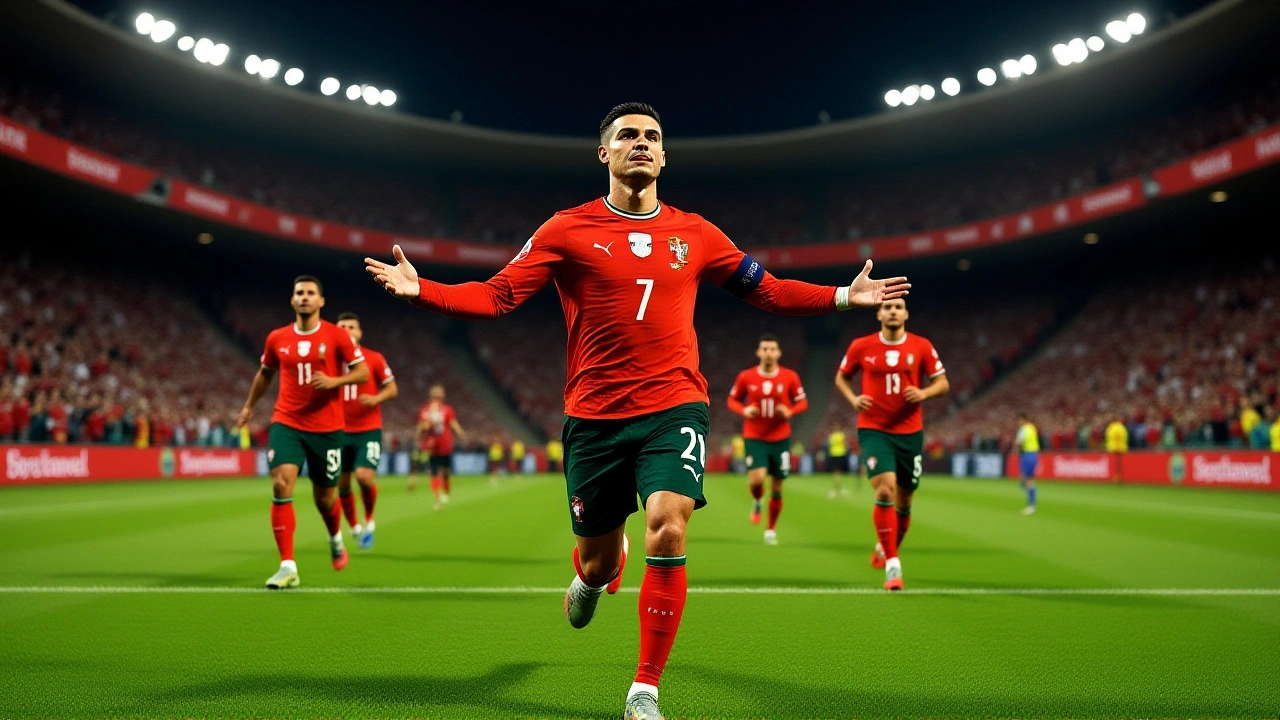Lisbon – News, Sports, Culture and More
When talking about Lisbon, the capital city of Portugal, perched on the Tagus River and famous for its historic neighborhoods, trams and nightlife. Also known as Lisboa, it serves as the political, economic and cultural hub of Portugal, a southern European nation on the Iberian Peninsula with a rich maritime legacy. The official Portuguese language, spoken by over 260 million people worldwide, shapes daily life and business here. Sports lovers instantly think of Benfica, one of Lisbon’s most successful football clubs, known for its passionate fans and European pedigree. Lisbon brings together history, modernity and a lively street culture that makes every visit feel fresh.
Why Lisbon matters for travelers, fans and investors
Lisbon’s landscape is defined by the Tagus River that splits the city, offering waterfront promenades, ferry routes and stunning sunset views. Historic districts like Alfama and Bairro Alto showcase Roman‑era walls, Moorish‑influenced tiles and narrow streets that double as open‑air galleries. The city’s culinary scene blends traditional dishes such as bacalhau with contemporary fusion, attracting foodies from around the globe. Lisbon encompasses tourism, tech startups and sports events – a triple that fuels its economy. For football fans, the Estádio da Luz is more than a stadium; it’s a gathering place where local identity and European ambition meet. Benfica’s youth academy feeds talent into the national team, illustrating how the club requires strong community support and modern training facilities. Meanwhile, Portugal’s government promotes Lisbon as a gateway for foreign investment, noting that the city’s strategic location and multilingual workforce (thanks to the Portuguese language) enable businesses to expand into Africa and South America.
Beyond the pitch, Lisbon hosts cultural festivals like Festas de Lisboa, art biennales, and tech conferences that draw innovators and creators. The city’s public transport – historic trams, metro lines and bike‑share programs – makes it easy to explore hidden viewpoints such as Miradouro da Senhora do Monte. Residents enjoy a relatively affordable cost of living compared with other Western European capitals, which invites digital nomads seeking a balance of work and leisure. In recent years, the city’s push for sustainable tourism has led to greener initiatives along the riverfront and the restoration of historic sites, showing that Lisbon’s development influences environmental policies across the region. All these facets – history, language, sport, economy and sustainability – intersect to form a dynamic urban tapestry.
Below you’ll find a curated collection of articles that dive deeper into Lisbon’s latest happenings. From breaking sports news about Benfica’s matches, to travel tips for exploring the city’s hills, to analyses of Portugal’s role in global trade, the posts offer practical insights for anyone interested in this vibrant capital. Browse the list and discover how Lisbon continues to shape culture, commerce and community across the world.
Portugal Beats Ireland 1-0 After Ronaldo Penalty Miss in World Cup Qualifier
Portugal snapped a 1‑0 win over Ireland after Ronaldo’s penalty miss, with Rúben Neves scoring in the 91st minute. The result keeps Portugal atop Group F and leaves Ireland struggling for World Cup hopes.
Julian Parsons | Oct, 12 2025 Read More
